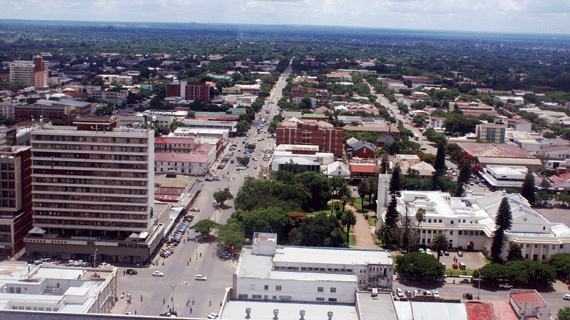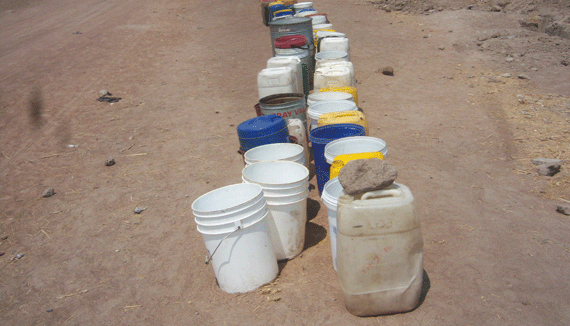
REVELATIONS that the government is yet to make its contribution to the Distressed and Marginalised Areas Fund (Dimaf), almost four years after it was set up raises questions about its commitment to the resuscitation of industry.
Dimaf was set up in 2011 in conjunction with Old Mutual to bail out struggling companies throughout the country but with more emphasis on Bulawayo.
The government and Old Mutual had been expected to contribute $20 million each to the revolving fund.
Old Mutual has played its part by releasing $20 million through its subsidiary, CABS.
Industry and Commerce permanent secretary Abigail Shoniwa told the parliamentary thematic committee on Millennium Development Goals on Tuesday that the government was now negotiating with CABS to restructure the deal so that it can meet its obligations later.
There is no doubt that the government has the capacity to pay the $20 million as it pleads poverty.
Since the launch of Dimaf the government has repeatedly splashed on cars for ministers and MPs without batting an eyelid.
There are several other cases of wasteful expenditure in government that could have been avoided with the money being channeled to resuscitating companies that are collapsing every day.
- Chamisa under fire over US$120K donation
- Mavhunga puts DeMbare into Chibuku quarterfinals
- Pension funds bet on Cabora Bassa oilfields
- Councils defy govt fire tender directive
Keep Reading
A stimulus package would have saved jobs and ensured that Treasury’s tax base does not shrink any further.
The resuscitation of industries that are not operating at full capacity should preoccupy the government of the day.
Financial institutions can only come to the rescue of industry if they see that government is committed to do something about the state of the economy.
The government share of $20 million is not a big figure that should be giving the authorities any headaches; it should just be a sign of commitment.
Meanwhile, Shoniwa indicated that most of the companies that benefited from Dimaf were not repaying their loans and this is another source of concern.
The beneficiaries should appreciate what a revolving fund means. If they do not repay the loans it means Dimaf would collapse.










